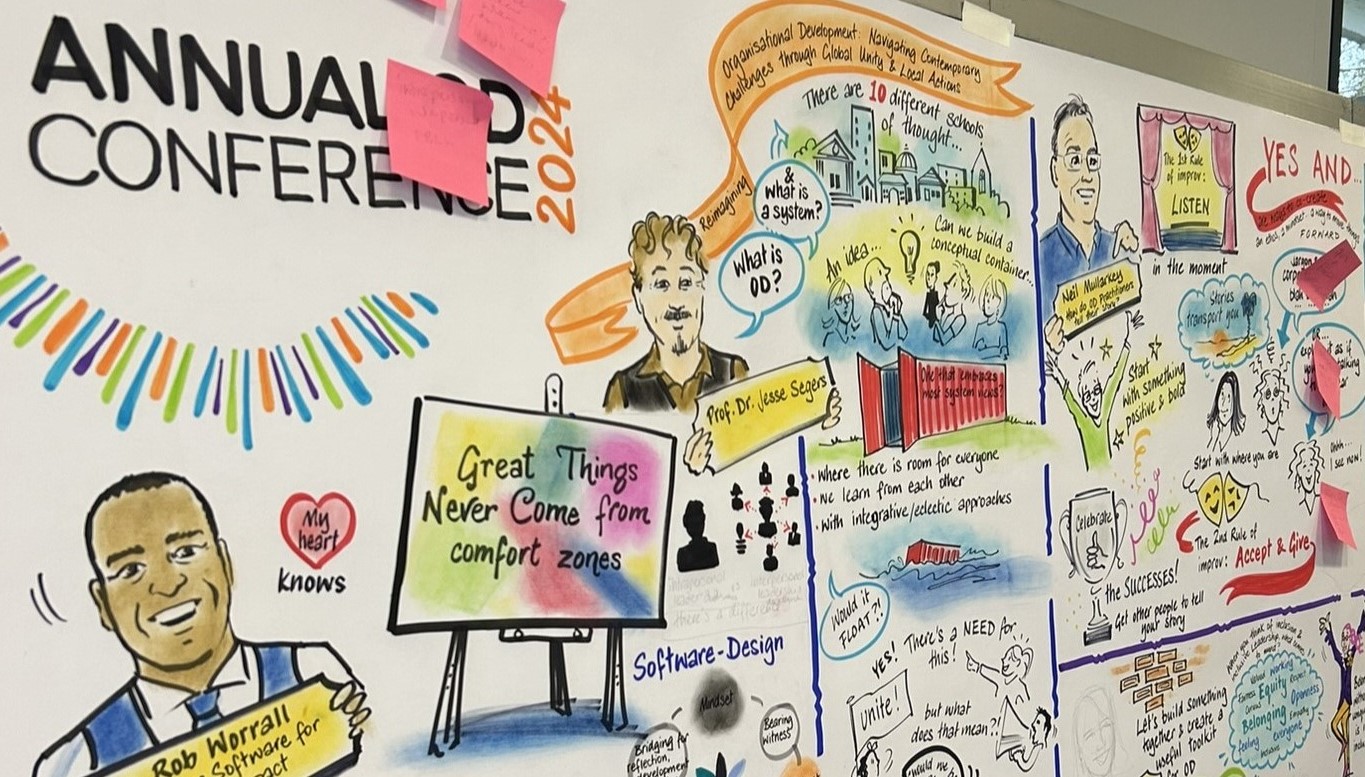Last week I had an opportunity to debate “Who is the People Director of the Future” (www.peopledirector.org) with a group of HR leaders from a variety of private and public sector companies, many of which are household names. Although I am an advocate for the often-maligned HR function, I found it was quite easy to argue that there won’t be one in the future. There are three reasons behind this rather controversial view.
First, if annual surveys are to be believed, a significant number of HR functions continue to not deliver on key strategic challenges. For example in our latest Management Agenda Survey only 12% of all managers rated HR as excellent with talent management, 6% as excellent with succession planning, and 18% as excellent with performance management (even though this had been under scrutiny in recent years). These three areas were rated as weak by 41%, 52% and 18% of all managers respectively. How long before CEOs and their boards lose patience with an underperforming function and decide to reorganise?
This leads to my second reason – again if you believe the headlines, soon work will be done so differently that reorganising will be a viable option for CEOs. It is easy to imagine a future in which the 35%-50% of jobs that have been automated will be the responsibility of the Chief Information and Technology Officer; the majority of human jobs will be performed by short-term ‘gig economy’ workers that are managed by Procurement, Legal and Finance departments; there will be a small minority of permanent employees, whose performance and development is monitored by their managers via real-time app accessible data; and engagement and employee experience activities for those human workers is no different to the customer experience, in the hands of Marketing and Brand departments.
Of course if HR leaders and practitioners are at “the top of the game” they are perfectly capable of demonstrating the strategic importance of their role whatever the world of work looks like. Indeed many of the HR leaders at the debate highlighted critical capabilities that no other function is able to do such as rapid reskilling, being the ethical conscience of the organisation, and enabling performance through structural and cultural transformation. I’ve also previously argued HR capabilities that are key now will continue to be key .
But my third reason is a question about how often HR leaders and practitioners are at the top of the game – paraphrased as ‘getting their pointy elbows’ out, and shouting about the value only they can bring. I have a sense that there is something in the DNA of HR, maybe based on a deep seated desire ‘to help’, that means practitioners tend to talk themselves down rather than up, tend to gold plate processes when silver will do, and tend to act as a parent to employees rather than treating them as adults (which will then free practitioners up from day-to-day detailed transactional work). These are certainly themes that come up on our HR Business Partner programmes, and resonated in the debate.
The future where HR may not exist is still a number of years off, which gives HR leaders time to focus on the recruitment and development of their teams and successors, and so ensure it’s always clear to CEOs what the function if contributing to the business.





